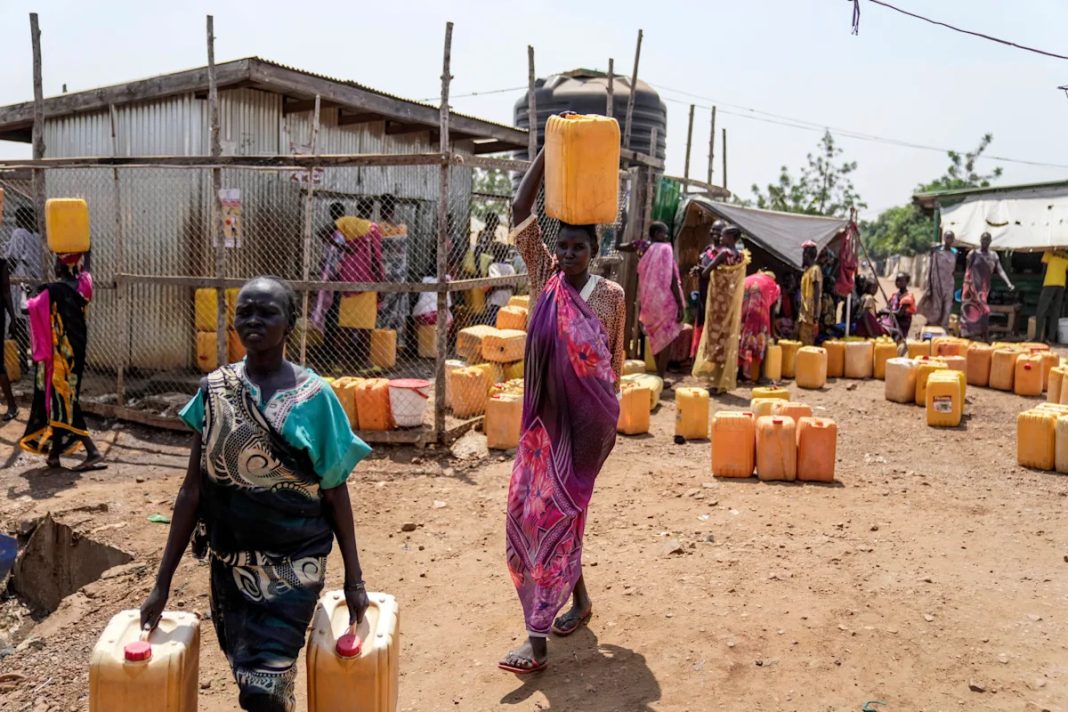More than 7.55 million people in South Sudan will face malnutrition during next year’s April-to-July lean season, when food supplies are usually lower, according to a global hunger monitor.
The Integrated Food Security Phase Classification (IPC), a United Nations-backed food security watchdog, issued the stark warning on Tuesday, projecting that hunger will worsen dramatically in the coming months as fighting between rival political factions intensifies and global aid funding dwindles.
The assessment comes as the country teeters on the brink of renewed civil war following President Salva Kiir’s suspension of his main political rival and First Vice President Riek Machar, who faces trial on treason charges.
About 5.97 million South Sudanese, 42 percent of the population analysed, are currently facing acute malnutrition, the IPC said.
Some 28,000 people in Luakpiny Nasir and Fangak are already classified as living in catastrophic conditions, the IPC’s most severe category, amid persistent conflict and flooding.
Six counties are projected to hit the most critical levels of acute malnutrition in 2026, primarily due to conflict-driven displacement and restricted access to food, water and health services, as well as a spreading cholera outbreak, the report said.
More than 2.1 million children under five and 1.15 million pregnant and breastfeeding women are at risk of acute malnutrition by June 2026, it said.
“The high severity of acute food insecurity in South Sudan is of great concern, requiring an immediate and large-scale response to save lives,” the IPC report said.
Humanitarian access remains one of the most critical challenges, the report said. In many areas across the country, insecurity, looting and flooding have isolated entire communities for months, it said.
“This is an alarming trajectory,” said Mary-Ellen McGroarty, the World Food Programme’s country director in South Sudan.
“The persistent hunger levels remain deeply troubling. In counties where peace has held, and actors have consistent access, as well as resources, people have taken the first steps towards recovery. While this progress is encouraging, it is crucial that we sustain the momentum to ensure lasting positive change across all affected communities.”
The hunger emergency stems from a cascade of crises. Renewed fighting between government forces and militias aligned with Machar has killed nearly 2,000 people this year and displaced more than 445,000, according to International Committee of the Red Cross figures.
Since its independence in 2011, South Sudan has cycled through civil war, fragile peace deals, and ongoing political instability, leading to a range of humanitarian emergencies.
Within two years of independence, President Kiir, from the majority Dinka ethnic group, dismissed Machar, a Nuer from the country’s second-largest community, leading to a civil war along ethnic lines that killed an estimated 400,000 people.
A 2018 peace deal restored a weak power-sharing arrangement, but its provisions were not properly implemented. The agreement is facing its most serious recent test amid Machar’s imprisonment and trial.

